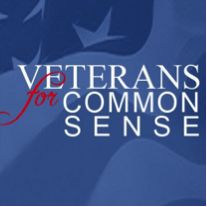Bullypulpit
Senior Member
There are a couple of new organizations up and running for vets returning from Afghanistan and Iraq. Both provide resources for veterans, their friends and families...
Community of Vets looks to all vets, with an emphasis on communications and support by veterans, for veterans/
Support Your Vet looks to the friends and families of vets returning from Iraq and Afghanistan and provides resources for helping vets and their families transition back to civilian life.
You are not alone, and thanks for all you've done.
Community of Vets looks to all vets, with an emphasis on communications and support by veterans, for veterans/
Support Your Vet looks to the friends and families of vets returning from Iraq and Afghanistan and provides resources for helping vets and their families transition back to civilian life.
You are not alone, and thanks for all you've done.



